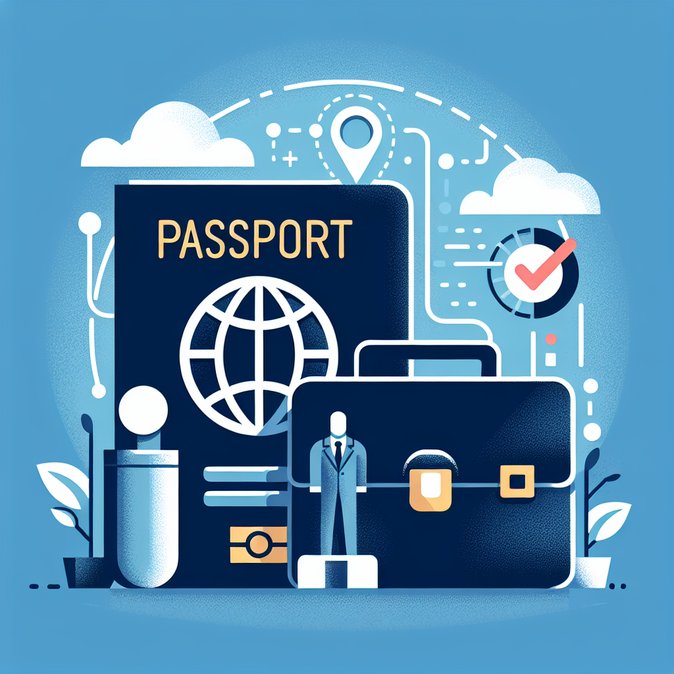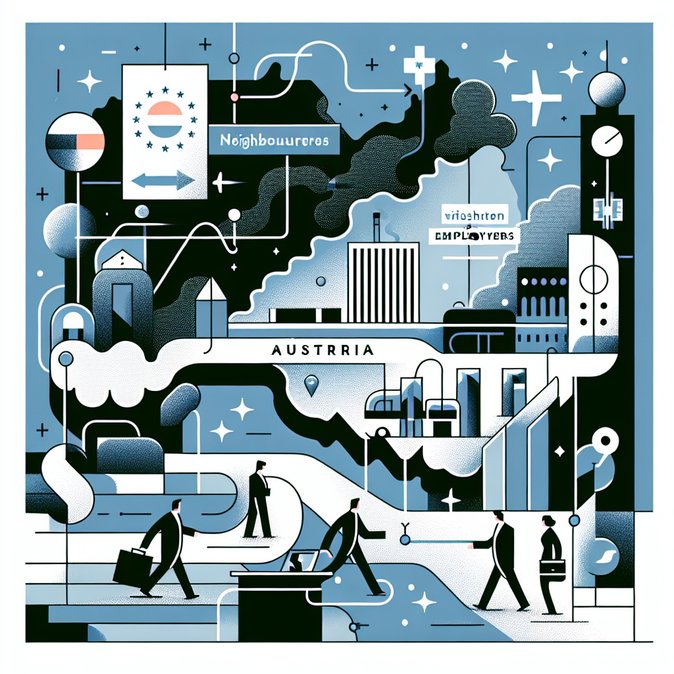
Brussels has given final approval to a major overhaul of the EU’s visa-free suspension mechanism—the legal tool that allows Schengen members to temporarily re-impose visas on nationals of third countries that abuse visa-free travel. The regulation, endorsed by EU interior ministers on 17 November 2025, lowers the statistical trigger for a suspension from a 50 % to a 30 % surge in illegal stays, asylum applications or serious crime, and adds new grounds such as investor-citizenship programmes and hybrid threats. The initial suspension period is extended to 12 months, with a possible 24-month prolongation aimed at pressuring non-compliant states before visas are reinstated permanently.
For Austria—where more than 70 % of short-stay visitors arrive from visa-exempt countries—the update is far from academic. If a partner country suddenly falls foul of the stricter criteria, Vienna Schwechat will have to switch overnight from stamping passports to issuing visas-on-arrival or turning travellers away. The Interior Ministry has already asked airport operator Flughafen Wien AG and the Austrian Business Agency (ABA) to map out contingency staffing for the border-control booths and corporate fast-track lanes.
![EU Adopts Faster Visa-Free Suspension Rules—Austria Must Align Compliance Procedures]()
Business-immigration lawyers say the change puts additional due-diligence pressure on Austrian multinationals that rely on short-notice travel from subsidiaries in Latin America, the Western Balkans or the Gulf. “Risk assessments can no longer assume that visa-waiver privileges will hold for the life of a project,” notes Dr Elisabeth Wimmer of Wolf Theiss. Company travel managers are advised to flag contracts that hinge on time-critical visits from visa-free partners and to pre-prepare invitation letters that would be needed for an emergency visa process.
The regulation enters into force 20 days after publication in the EU Official Journal—making mid-December the likely date. Austria’s Foreign Ministry is expected to publish implementing guidelines shortly thereafter. Experts recommend that HR teams review assignment planning tools now, paying particular attention to golden-passport jurisdictions and higher-risk markets such as Georgia and Serbia, both of which have been scrutinised by the Commission in recent years.
If Brussels were to pull the trigger, Austrian missions abroad could face a sudden spike in visa demand not seen since the pandemic. The Foreign Ministry’s consular section told the parliamentary sub-committee on budgetary affairs that it can activate a 30-person surge reserve within 48 hours, but warned that “private-sector support for document translation, travel-health insurance and biometric enrolment” would also be critical. Ultimately, the new rules tighten the compliance screws on companies and travellers alike—foreshadowing a more conditional era for Europe’s visa-waiver landscape.
For Austria—where more than 70 % of short-stay visitors arrive from visa-exempt countries—the update is far from academic. If a partner country suddenly falls foul of the stricter criteria, Vienna Schwechat will have to switch overnight from stamping passports to issuing visas-on-arrival or turning travellers away. The Interior Ministry has already asked airport operator Flughafen Wien AG and the Austrian Business Agency (ABA) to map out contingency staffing for the border-control booths and corporate fast-track lanes.

Business-immigration lawyers say the change puts additional due-diligence pressure on Austrian multinationals that rely on short-notice travel from subsidiaries in Latin America, the Western Balkans or the Gulf. “Risk assessments can no longer assume that visa-waiver privileges will hold for the life of a project,” notes Dr Elisabeth Wimmer of Wolf Theiss. Company travel managers are advised to flag contracts that hinge on time-critical visits from visa-free partners and to pre-prepare invitation letters that would be needed for an emergency visa process.
The regulation enters into force 20 days after publication in the EU Official Journal—making mid-December the likely date. Austria’s Foreign Ministry is expected to publish implementing guidelines shortly thereafter. Experts recommend that HR teams review assignment planning tools now, paying particular attention to golden-passport jurisdictions and higher-risk markets such as Georgia and Serbia, both of which have been scrutinised by the Commission in recent years.
If Brussels were to pull the trigger, Austrian missions abroad could face a sudden spike in visa demand not seen since the pandemic. The Foreign Ministry’s consular section told the parliamentary sub-committee on budgetary affairs that it can activate a 30-person surge reserve within 48 hours, but warned that “private-sector support for document translation, travel-health insurance and biometric enrolment” would also be critical. Ultimately, the new rules tighten the compliance screws on companies and travellers alike—foreshadowing a more conditional era for Europe’s visa-waiver landscape.


